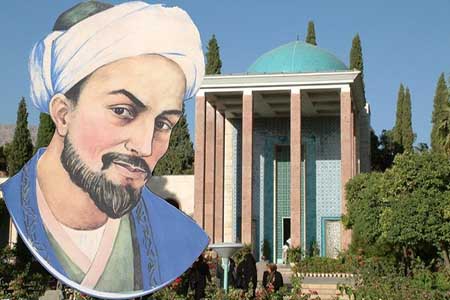
Whether these other signatories can with determination continue upholding the agreement with an effective quid pro quo with Iran remains to be seen. The jury is still out on this, but there are a few positive signs popping up, particularly in Europe.
What is most riveting is that now the U.S., and I believe it is a sign of desperation and not strength, is waging some kind of economic warfare of varying kinds and degrees with almost 15 percent of the world’s countries with a total population of some 2 billion people, or over 25 percent of all of the world’s citizens. This is, in a word, amazing.
That the U.S. government can imagine even for a minute that this economic warfare constitutes a sound strategy to maintain its power for very long is the height of arrogance and delusional thinking. Iran seems to be at the epicenter of this economic warfare.
Also, thousands of people from scores of nations have been included in the U.S. Treasury Department list of prominent designated nationals who have been more or less blocked from the U.S. dominated global financial system, where the U.S. dollar has for decades been the reserve currency of the world, particularly since the end of World War 2.
Donald Trump has been called a narcissist, but narcissism seems evident in spades throughout the U.S. governmental and the elitist establishment, and this is quite evident in the scope of the current economic sanctions against countries and individuals. One could argue that a critical mass may have been achieved, because push back is beginning to blossom.
The U.S. has always used the “extraordinary privilege” of having the preeminent reserve currency as a weapon against geopolitical rivals, but never before has the dollar been weaponized so much against so many.
According to Mike Krieger, an American blogger and economic commentator, the apogee of the so-called American empire is already toast, aside from the continued role of the dollar in the global financial system. Krieger believes that Trump’s decision to scuttle the JCPOA is the primary catalyst that is causing the rest of the world to look for alternative methods with which to conduct global business.
Germany’s foreign minister, Heiko Maas, for example, has said this August that the EU would be wise to set up its own payment system that would give the EU independence from Washington’s diktat. French leaders have also subscribed to the same notion of a Europe shaking off its economic vassalage to the U.S.
And some Asian leaders are expressing some of the same sentiments of less obeisance to the U.S., including South Koreans and Pakistan’s new Prime Minister Imran Khan. We know what Russia is doing: dedollarizing – selling U.S. securities and buying tons of gold every month.
I am anyway drawn back to recall some distant Asian and the Middle East history in the 13th century, a horrific period in which the Mongols swept westwards from the Far East and conquered widely, destroying many Iranian cities and in particular ending the Abbasid Caliphate, established in 750 AD, and wrecking its capital at Baghdad.
One anecdote of the fall of Baghdad is that the last Abbasid Caliph, al-Mu’tasim, was rolled up inside a Persian carpet and literally kicked to death by the Mongol invaders under orders from their leader, Hulagu.
One cannot help but remark that the U.S. these days is literally trying to kick the life out of the sovereignty of other nations, including Iran’s. But there is another greater personage of the 13th century, the Iranian-Persian poet from Shiraz, Saadi. For one thing, Saadi, widely traveled during his lifetime, allegedly claimed that the prime virtue was simply patience.
Of all things now, patience (and courage and perseverance) are required, as it was in the 13th century during difficult times because of the Mongols, and now because of the U.S. Or, as Winston Churchill remarked: “If you are going through Hell, keep going….”
Former Secretary General of the United Nations Ban Ki-moon visited Tehran during his career at the UN and noted that at the entrance of the UN in New York hangs a huge Persian carpet, a gift from the people of Iran. He also noted that alongside this carpet are some words of the poet Saadi that translate roughly:
All human being are members of one frame,
Since all, at first, from the same essence came.
When time afflicts a limb with pain
The others limbs at rest cannot remain.
If thou feel not for other’s misery
A human being is no name for thee.

Add new comment